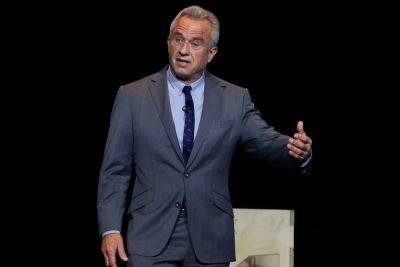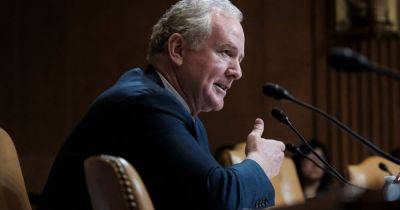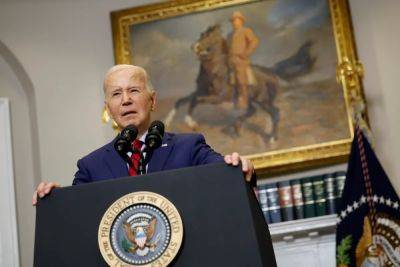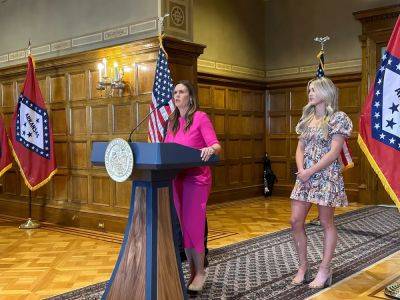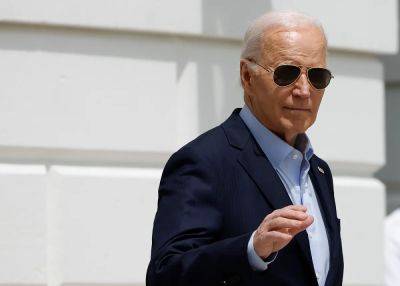Why do voters think crime is up and the economy is bad when the data says otherwise?
The US is powering ahead of its European allies in the economic recovery after the pandemic. Murder rates plummeted last year. But if you ask Americans about the economy and crime, you’re unlikely to hear any of that.
A Quinnipiac poll of Michigan voters found in March that just 35 per cent believe the economy is either “excellent” (6 per cent) or “good” (29 per cent), while 65 per cent said the economy is “not so good” (28 per cent) or “poor” (37 per cent). The university found similar sentiments in Pennsylvania in January. Even more perplexingly, more than 60 per cent of respondents in both polls said their own personal financial situation is either “excellent” or “good”.
Negative views of the overall economy remain after more than three years of job growth. There wereplenty of predictions that a recession was on the way after the pandemic, but the recession never materialized. Indeed, America’s unemployment rate has remained under 4 per cent for more than two years, the longest continuous period since the 1960s.
It’s true that inflation – one of the reasons many feel bad about the economy – skyrocketed during the pandemic years of 2021 and 2022. But in the last four years, the wages of non-supervisory workers – 80 per cent of the workforce – rose more than consumer prices.
“Inflation is associated with a ‘bad’ economy in most people’s minds,” Stefanie Stantcheva, a professor of economics at Harvard tells The Independent. “Economists on the contrary tend to have a more mixed view — sometimes inflation goes hand-in-hand with higher unemployment and lower output, like during episodes of ‘stagflation’, but sometimes it’s associated with low unemployment and a booming economy. But it seems that the ‘stagflation’ view is


